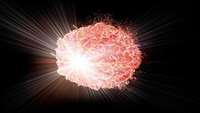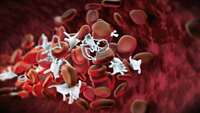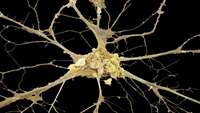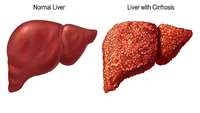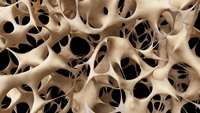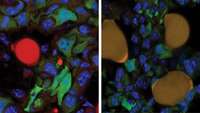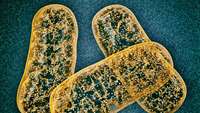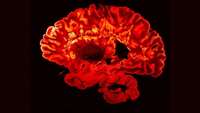Researchers reveal new mechanism to activate the immune system against cancer
A new mechanism for activating the immune system against cancer cells allows immune cells to detect and destroy cancer cells better than before, according to a study published this week in the journal Nature.
Mouse model aids study of immunomodulation
Because mice do not respond to immunomodulatory drugs (IMiDs), preclinical therapeutic and safety studies of the effects of IMiDs have not been possible in existing types of mice. This has led to an inability to accurately assess the mechanism of these drugs in mice.
Stem Cells Could Prevent Tissue Damage Caused by Radiotherapy
A new study in STEM CELLS Translational Medicine indicates mesenchymal stem cells (MSCs) are a safe and innovative option to heal normal tissue following radiotherapy. Alain Chapel, Ph.D., and Annette Larsen, DVM, Ph.D., of the Institut National de la Santé et de la Recherche Médicale (INSERM) in France led the team that conducted this research.
Platelets grown from stem cells may be alternative to donated platelets
Researchers have developed a way to grow human platelets in the laboratory from stem cells derived from fat tissue. The achievement, reported today in the journal Blood, suggests manufactured platelets could eventually reduce the reliance on donated platelets to help patients with cancer and other disorders.
New advanced biomaterial to repair damaged nervous tissue
A team of researchers from the Centre for Biomedical Technology (CTB) at Universidad Politécnica de Madrid (UPM) in collaboration with the Universidad Complutense de Madrid (UCM), the Instituto Cajal and the Hospital Clínico San Carlos has developed an innovative treatment to repair damaged brain tissues. Thanks to the implantation of encapsulated stem cells in an innocuous biomaterial and fully biocompatible (silk fibroin), researchers have achieved the functional recovery of mice after suffering an induced brain stroke.
Combo Cell Therapy Promotes Healing of Cirrhosis-Damaged Liver
A study recently published in STEM CELLS Translational Medicine(SCTM) describes a new cell therapy that shows promise in treating cirrhosis of the liver. The treatment, combination of mesenchymal stem cells and induced bone marrow-derived macrophages, reduced fibrosis and promoted regeneration of cirrhosis-damaged liver in tests on mice.
Citrate-based biomaterial fuels bone healing with less rejection
A material based on a natural product of bones and citrus fruit, called citrate, provides the extra energy that stem cells need to form new bone tissue, according to a team of Penn State bioengineers. Their new understanding of the mechanism that allows citrate to aid in bone regeneration will help the researchers develop slow-release, biodegradable, citrate-releasing scaffolds to act as bone-growth templates to speed up healing in the body.
Conversion of breast cancer cells into fat cells impedes the formation of metastases
Tumor cells can adapt dynamically to changing conditions thanks to their ability to reactivate a cellular process that is central to embryonic development. This allows the cells to alter their molecular properties and to acquire new capabilities.
Targeting an RNA-binding protein to fight aging
As we age, our bodies undergo biological changes that cause a decline in the function of our cells and tissues. However, most studies attempting to identify molecules involved age-related dysfunctions have focused only on mechanisms based on mRNA transcription, a very important step in gene expression, but nonetheless only part of the complex regulatory mechanisms in our cells.
Gut Immune Cells Cut Inflammation in Multiple Sclerosis
Researchers at the University of Toronto and UC San Francisco have discovered that the intestine is the source of immune cells that reduce brain inflammation in people with multiple sclerosis (MS), and that increasing the number of these cells blocks inflammation entirely in a preclinical model of the disease.


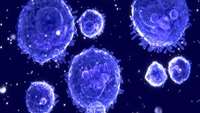
_121702.jpg)
